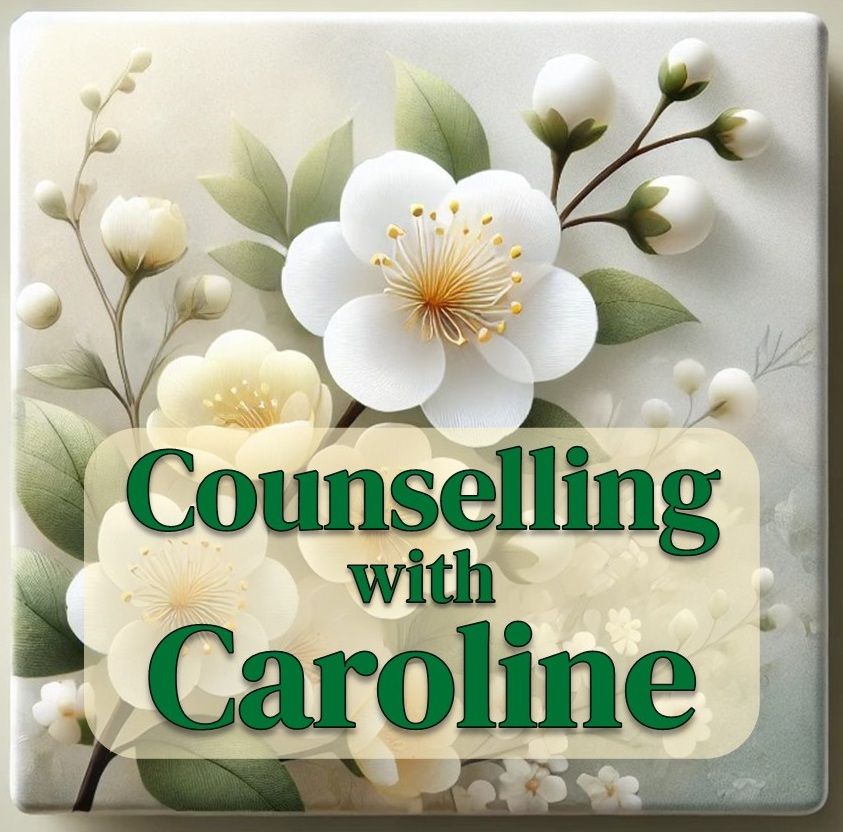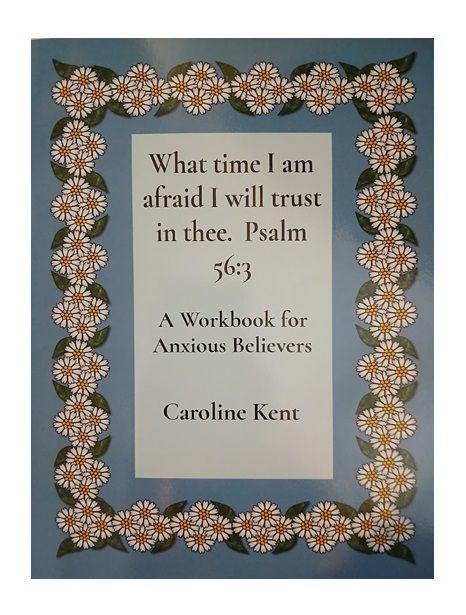Biblical Love 3
Love Rejoices in Truth

Expounding 1 Corinthians 13:6 – Rejoicing in Truth Amidst Struggles
1 Corinthians 13:6 states, “[Love] rejoiceth not in iniquity, but rejoiceth in the truth” (KJV). This verse delineates love’s moral character, emphasising that love aligns with righteousness and truth rather than evil or wrongdoing. For a struggling marriage, this teaching encourages the pursuit of integrity, mutual growth, and the healing power of truth.
Key Terms and Their Contextual Meaning
1."Rejoiceth not in iniquity" (Rejecting Sin):
- Definition: Love does not delight in wrongdoing, sin, or injustice. It refuses to find satisfaction in anything contrary to God’s holiness.
- Biblical Insight: Iniquity disrupts relationships and dishonours God. Proverbs 17:15 warns, “He that justifieth the wicked...is abomination to the Lord.”
Application in Marriage:
- Spouses must avoid behaviours that harm their relationship or lead one another into sin, such as dishonesty, bitterness, or selfishness.
- Example: A husband who struggles with criticism might commit to speaking only words that build his wife up (Ephesians 4:29).
- Puritan Wisdom: John Owen reminds us that unchecked sin “weakens the soul’s resistance to temptation” (The Mortification of Sin).
2."Rejoiceth in the truth" (Delighting in God’s Truth):
- Definition: Love finds joy in what is true, pure, and aligned with God’s Word. Truth fosters trust, peace, and righteousness.
- Biblical Insight: Jesus said, “I am the way, the truth, and the life” (John 14:6). Rejoicing in truth reflects the character of Christ Himself.
Application in Marriage:
- A truth-centred marriage encourages honesty, accountability, and a shared commitment to living in light of God’s Word.
- Example: A wife who feels hurt might share her feelings truthfully but gently, seeking resolution rather than blame.
- Reflection: How can I foster a culture of truth in my marriage?
Practical Applications for a Struggling Marriage
1.Recognise and Confess Iniquity:
- When conflict arises, couples should take time to examine their hearts, identifying any sins such as pride, resentment, or deceit that may have contributed to the issue.
- Interactive Question: When was the last time I confessed a fault to my spouse? How did it affect our relationship?
2.Cultivate a Love for Truth:
- Build the habit of sharing God’s Word together. Reading Scripture allows His truth to shape your thoughts and actions.
- Challenge: Commit to reading one passage of Scripture together daily for a week and discussing how it applies to your marriage.
3.Celebrate Righteousness:
- Rejoice when you see spiritual growth or acts of love in your spouse. Praise them for demonstrating Christlike character.
- Example: A husband might thank his wife for her patience in a challenging situation, encouraging her to continue reflecting God’s love.
Encouragement for Couples
William Gurnall, in The Christian in Complete Armour, wrote, “Truth is the bond of love, and love the perfection of truth.” A marriage that rejects sin and rejoices in truth is a marriage that reflects God’s glory. While challenges will arise, love rooted in righteousness and truth has the power to transform even the most strained relationships.
Reflection Questions
- Do I prioritise truth and honesty in my marriage, even when it’s uncomfortable?
- How can I rejoice in the ways my spouse seeks righteousness, even if imperfectly?
As you meditate on these truths, pray for God’s grace to strengthen your marriage in love, truth, and righteousness, trusting that He is faithful to complete His work in you (Philippians 1:6).







